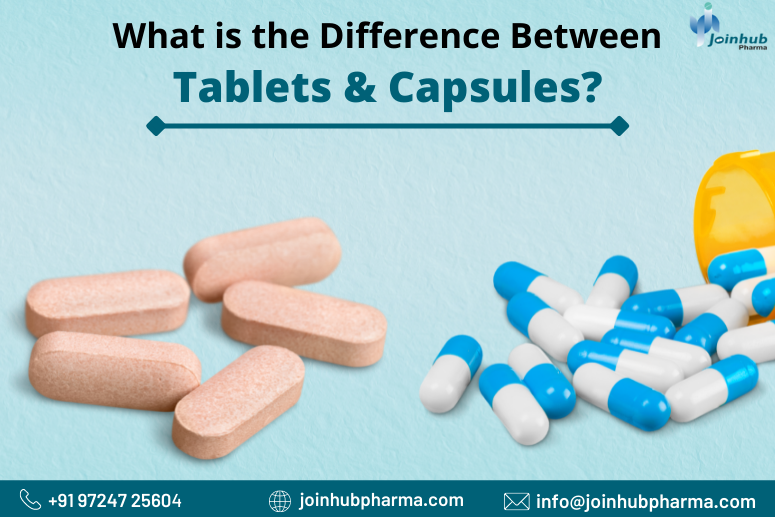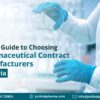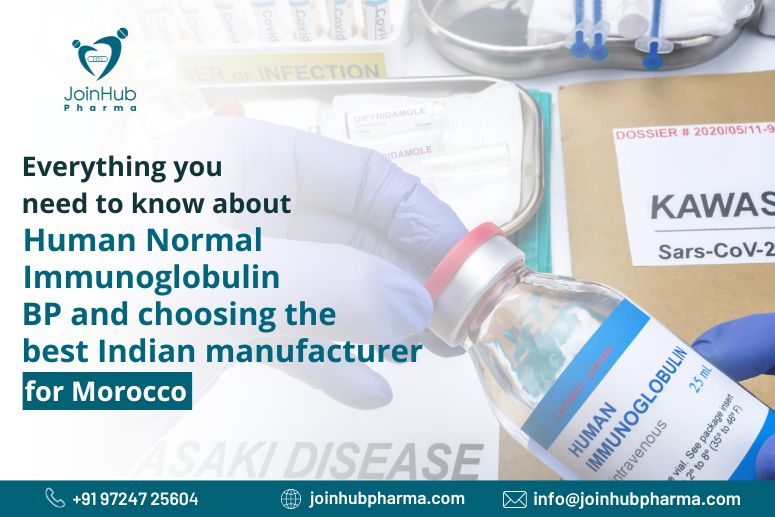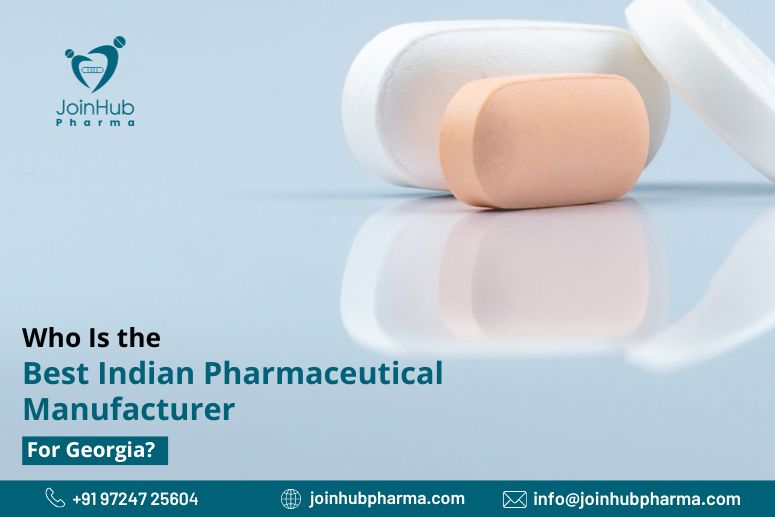Generally, there are two types of medication in finished products: capsules and tablets. Some medication can be available in both two forms. Some can only be presented in only one form.
Capsule or Tablet? It is always a mystery for both pharmaceutical manufacturing companies and consumers. For so many reasons, the debate on this topic may never be stopped.
This article will provide more details on both of these medications and see which is better for the manufacturer and consumer.
What are Tablets?
In the pharmaceutical world, a pharmaceutical tablet is a tiny dosage comprising an active ingredient that has been developed into a solid form. Tablets are generally found in a flat shape and can be broken into two pieces. While they are usually found flat, the tablet’s shape, size, flavour, and colour can vary. This enables the manufacturer to pack the most material into a smaller space than with capsules and tends to be more cost-effective to manufacture.
Advantages of coated tablets
- Faster in production
- Lower raw material costs
- Relatively smaller in volume
- No additional quality variation
- More diverse in sizes and shapes
- Not restricted by supplies
- Better stability
What is Capsule?
Capsules are typically utilized in the pharmaceutical world as vessels for both nutraceutical and pharmaceutical drugs. According to the reputed capsules manufacturing pharma company, they are very easy to manufacture, as they do not require complex formulations to produce, unlike other medicines.
Caplet is just “a small case or container.” These capsules typically contain powder or liquid in a shell-type vessel. The usual makeup of a capsule is cylindrical and can’t be sliced in half.
Capsules have an external coating or shell that includes the active ingredients. The capsule shell is typically made from animal gelatin, even though vegan capsule options are made from starch hydroxypropyl or hydrolysate. Inside the shell is generally a powder, liquid, or paste that is the actual formulation of the API.
Capsules do not come in various sizes or shapes and tend to be popular among consumers since they are known to enter the bloodstream at the moment. There are two different types of capsules: hard capsules and soft capsules.
Advantages of hard gelatin capsules
- Fewer ingredients
- Low manufacturing costs
- Less manufacturing steps
- Flexible formula
- Better in covering up the taste
- Can simply separate two incompatible products
- Consumer preferences
- Be considered to be easier to swallow
- More marketing possibilities
Consumer Preferences for Tablet and Capsule
As per the FDA, over 16 million people in the USA are troubled by dysphagia, and 30% of them discuss this with professionals. Around 8% of these people admit that some medications are skipped during treatment because of dysphagia, and 4% even gave up treatment.
Consumer preference is essential to the market, and it is challenging for people to accept medications that looks less appealing. Moreover, the type of preparation that is more popular with consumers will be better in sales.
Top 10 Pharma Tablets Manufacturers in India should assure the patient’s choice would not be affected since some of the medications’ physical properties (such as shape, colour, size, smell, etc.). The patient should immediately inform your doctor for replacement if there are any problems.
The Production Cost of Tablet and Capsule
The pharmaceutical industry is facing increasing research expenses and increasingly fierce market competition, especially for originator products. Its research expense can be as high as 300-400 million US dollars and require at least 5-10 years. Moreover, time and expense on market declaration, production, patent maintenance litigation have not been included.
The normal efficacy period of the patent after the listing is about 10-12 years. So for the medicine, in addition to the production expense, the production time is also vital. Shortening the time on R&D simply means being profitable in another way.
As contrasted with tablets, fewer processing steps are involved in making capsules, which simply means lower equipment expenses, labour costs, and pollution dangers.
The investment required for capsules is much less than that needed for a tablet manufacturing pharma plant, and that it is cost-effective for operation and control and decreases inventory levels. Only when the expense of excipients is considered in isolation does the tablet process have an advantage.
Dose Control
Many people think that pharma tablets are more comfortable in dosage controlling than capsules since you can make tablets of excellent quality. Still, the dosage measuring of the medication inside the capsule is not very simple.
However, various size capsules can meet all your needs. You can add some unrevealing fillers to improve the actual quality of the medication.
Should You Manufacture Capsules or Tablets?
In conclusion, capsules are much better than tablets, or vice versa, is finally up to the consumer and which they choose. Moreover, it also depends on the tablet capsule manufacturing company to determine which is most suitable for the kind of formulation you’re looking to put into a pill form and how much you are ready to spend on this formulation to draw your potential customer’s attention.
JoinHub Pharma – The top pharma tablet manufacturer in India, offers the best quality tablets and capsules at affordable rates. Simply drop an email at [email protected] to know more about their pharma tablet and capsule manufacturing offer.










